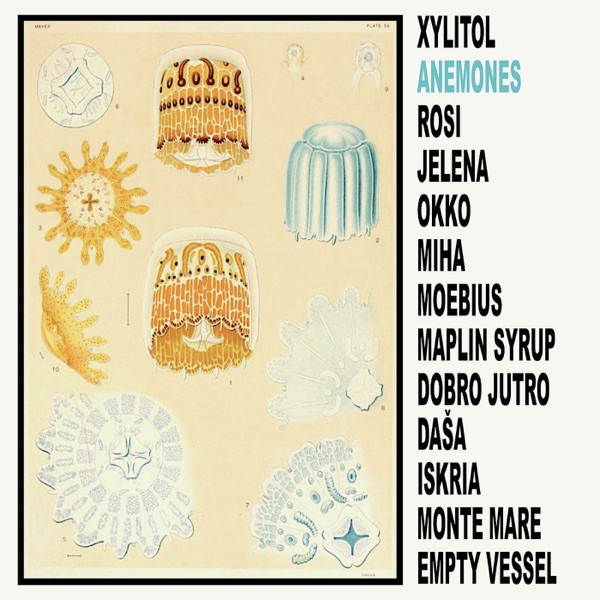
“Anemones”: Xylitol’s Sonic Exploration of Dance Music’s Hidden Depths
#xylitol #vinyl #indiemusic
Catherine Backhouse, known to many as Xylitol and DJ Bunnyhausen, has unveiled her latest project, Anemones, an album that takes listeners on a journey through the intersection of early jungle, garage, and vintage electronica. Backhouse, who has made a name for herself as a resident DJ at the now-legendary Krautrock club Kosmische and co-host of the radio show Slav To The Rhythm, brings her diverse influences into a cohesive yet eclectic soundscape that is as much a tribute to the past as it is a step forward into unexplored musical territories.
Anemones is a holistic project where the artwork and the music are inextricably linked. Drawing inspiration from early botanical illustrations and the act of taxonomy, Backhouse explores the parallels between human psychology and the organic world. Each track serves as a microcosm of this concept, reflecting the latent potential within the human body that the dancefloor has the power to awaken. The album’s unpolished and lively aesthetic finds a kindred spirit in Nondi_’s Flood City Trax, sharing a similar water-damaged, raw vibe that blurs the lines between the ancient and the futuristic.
Tracks like ‘Moebius’ and ‘Okko’ demonstrate Backhouse’s ability to fuse seemingly disparate elements into a transcendental experience. ‘Moebius’ combines spaced-out neon chords with breakbeats that tear through the mix, creating a sound that is overwhelming yet strangely meditative. Meanwhile, ‘Okko’ features a bleeping melody and a melancholic Slavic chorus, as if unearthed from an alternate timeline. The album’s midpoint, ‘Dobro Jutro’, offers a Drexciya-inspired two-step garage respite before the intensity builds again with tracks like ‘Daša’ and ‘Iskria’, where glassy synths and 8-bit melodies evoke the space race era.
The influence of the Yugoslav era is subtly woven throughout Anemones, from the DIY synthesis reminiscent of Eastern European electronica to the song titles that nod to figures and regions from that time, such as ‘Jelena’, ‘Miha’, and ‘Daša’, named after the novelist Daša Drndić. The album effectively merges experimental genres from various eras and regions, creating a sound that is both nostalgic and innovative. For those interested in the intersection of dance music with historical and cultural influences, Anemones is a captivating listen that defies easy categorization while paying homage to its diverse roots.
Learn more about Xylitol
